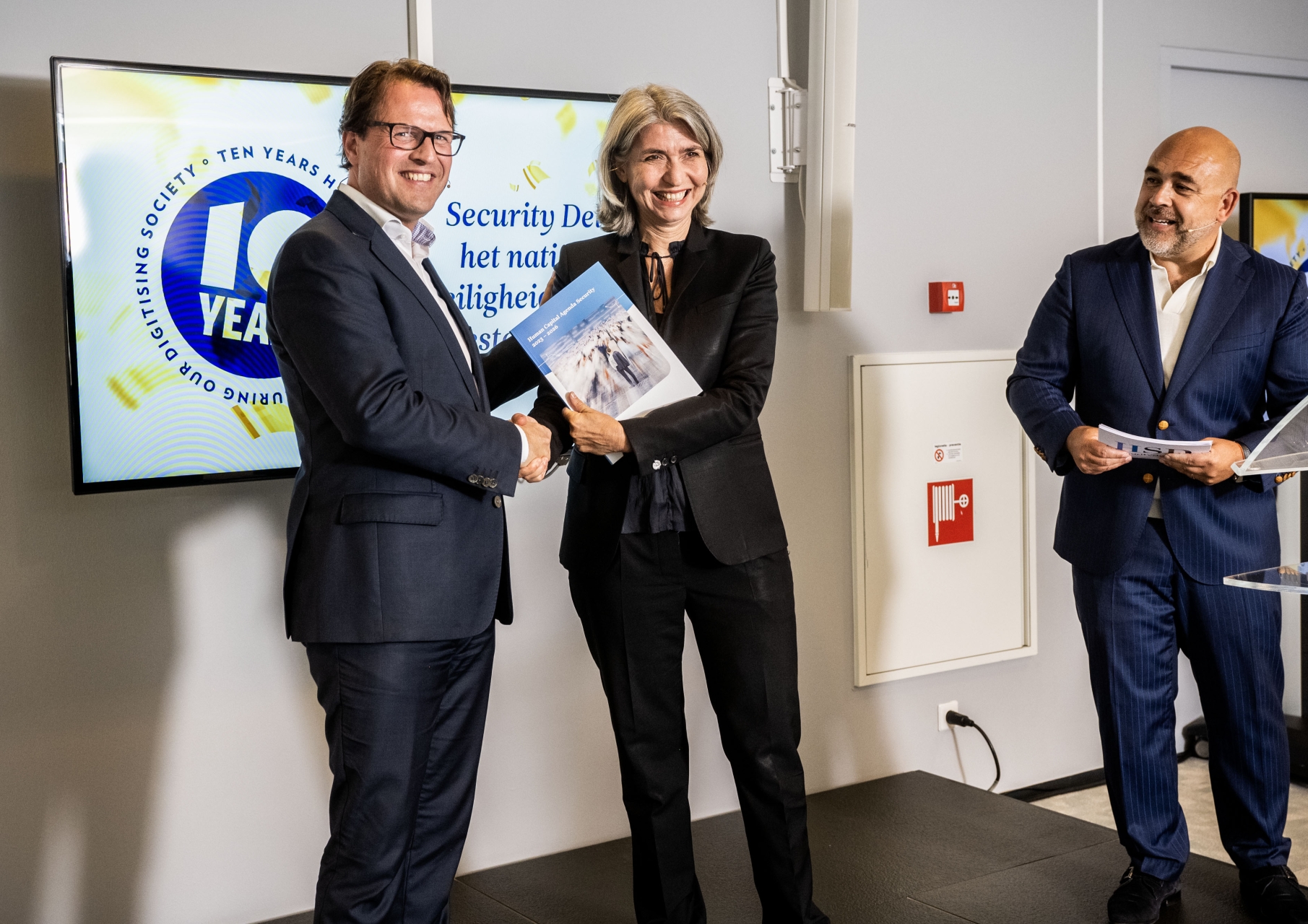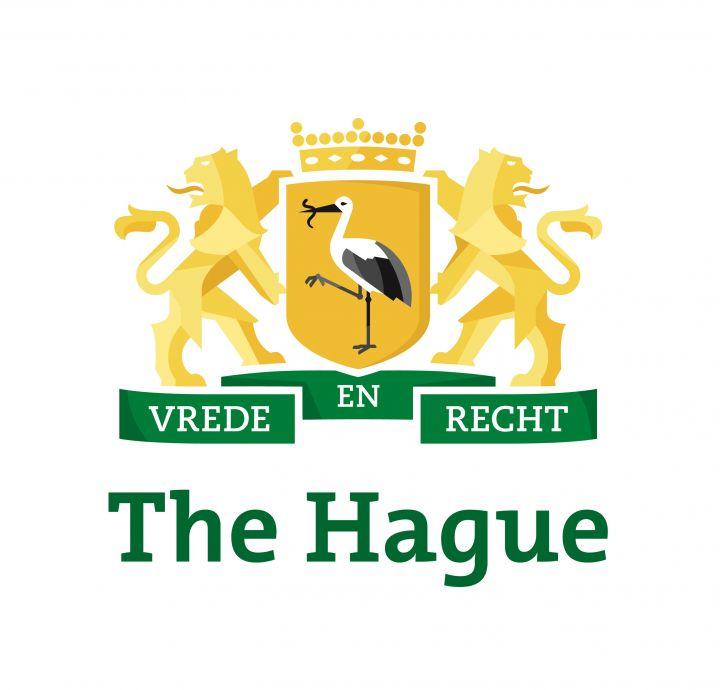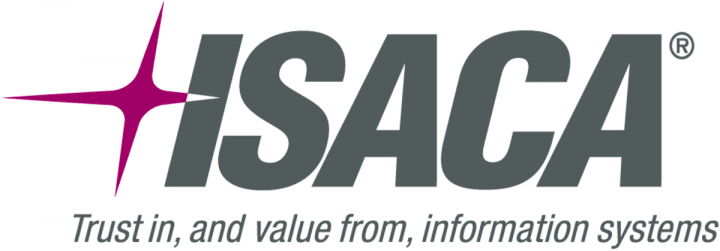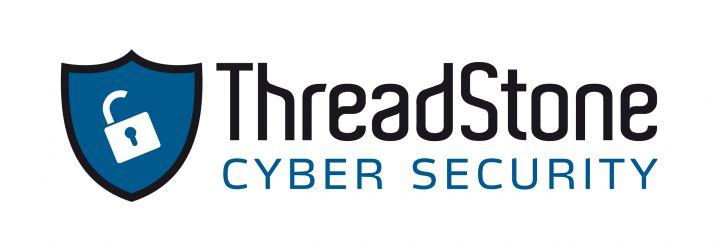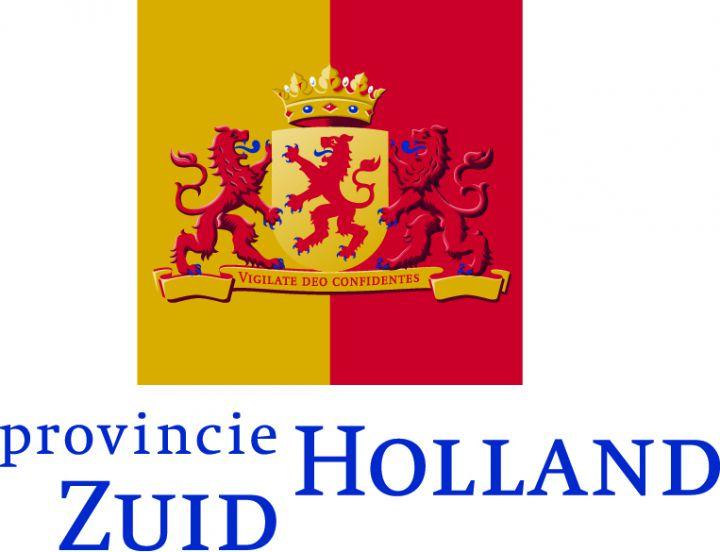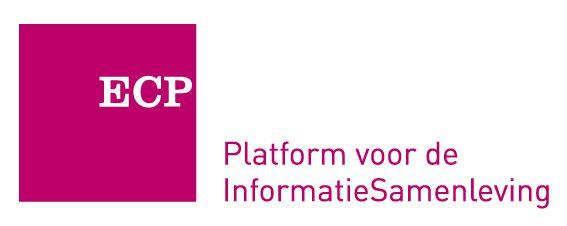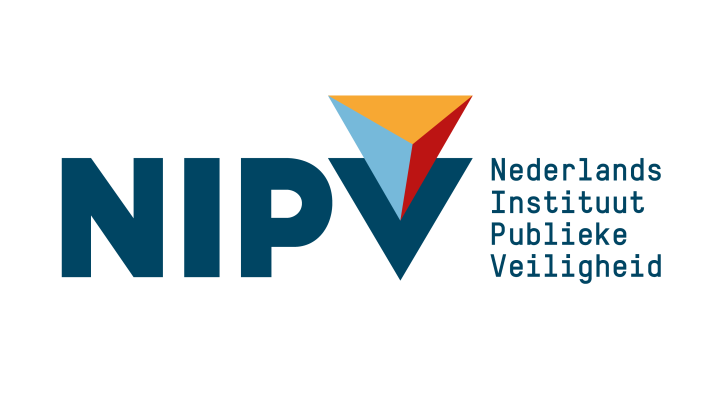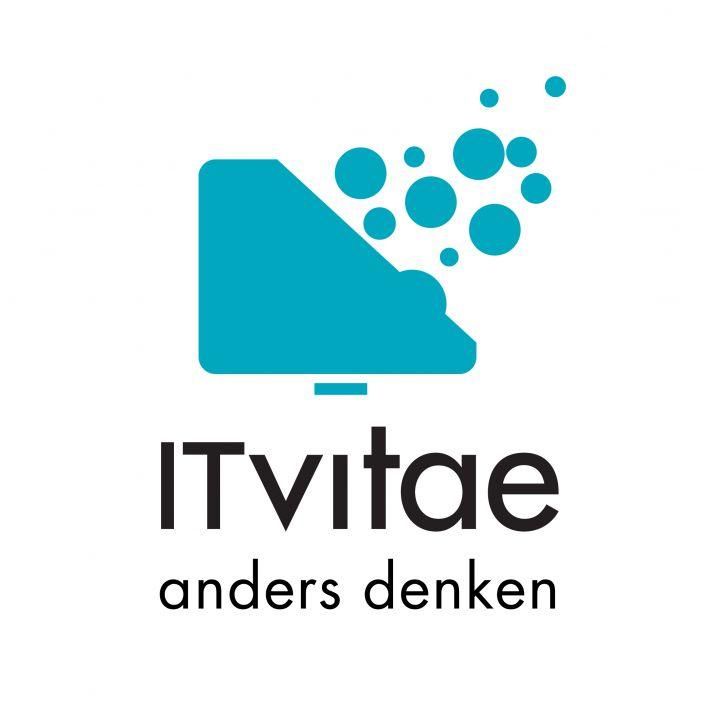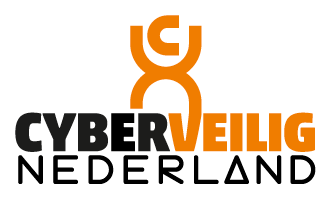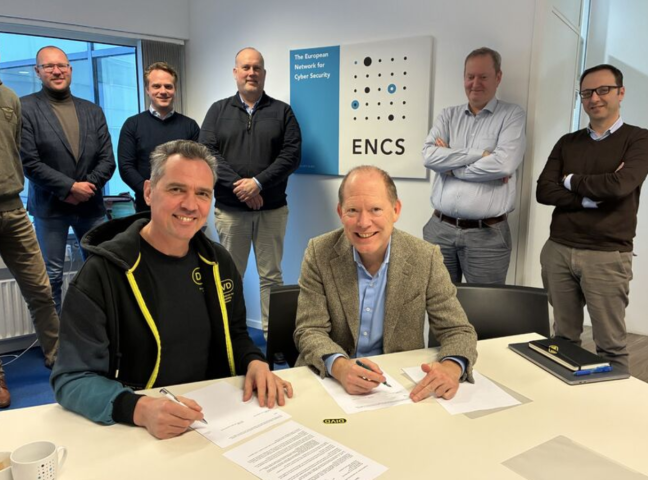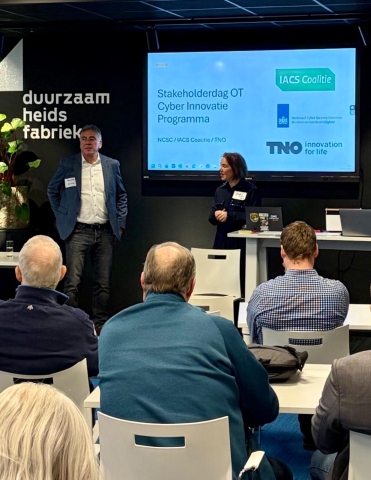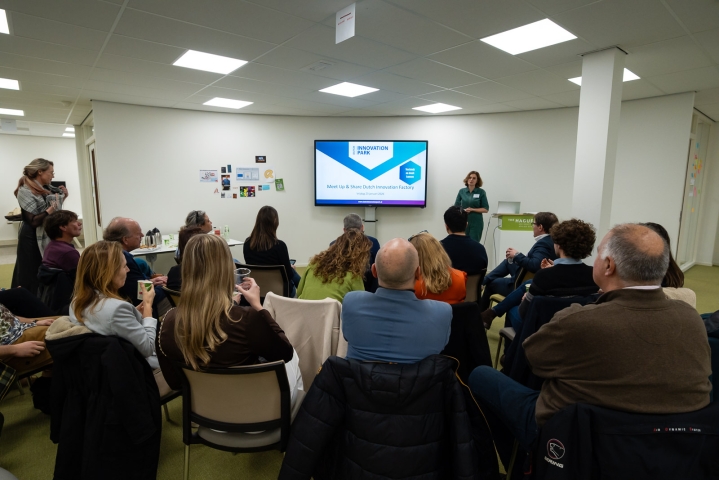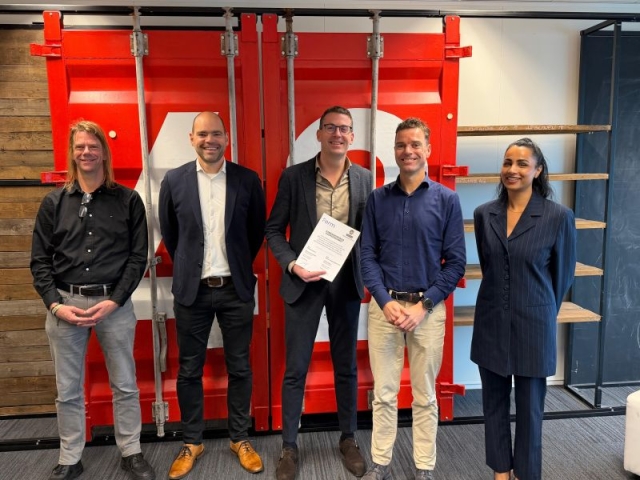Collective Action Required to Solve Shortage of Cyber and Security Talent
Collective action is required when it comes to the shortage of security talent in our digitising society. The solution lies not only in attracting more people, but also in working more efficiently. This is stated by the new Human Capital Agenda Security 2023-2026, which was presented to prof. mr. Lokke Moerel (Cyber Security Council, Tilburg University, and Morrison & Foerster) on June 29 during the 10th anniversary of Security Delta (HSD). Only by joining forces will implementation power be realised to implement this Agenda and scale up successful projects.
The Human Capital Agenda (HCA) Security was developed by the Dutch security cluster Security Delta (HSD) in cooperation with the Centre for Security and Digitalisation (CVD). It is the basis to continue the conversation on talent for cybersecurity with dcypher, Top Sector ICT, the Ministry of Economic Affairs and the Central Government. About 70 parties have contributed to the creation of the agenda and its proposed interventions. With this broad involvement, the HCA Security lays the foundation for implementation and scaling up across the professional column and at regional and national levels.
Lokke Moerel: "The lack of cyber security talent is now so acute that it is itself a major security risk. After all the research on exactly what cyber competencies and skills are needed, it is time for coordinated action. The shortages are so severe that no single party can do it alone. The Human Capital Agenda presented today provides a good roadmap for this coordinated action. I hereby call on all parties - companies, government and training institutions alike - to get behind this agenda and start implementing it together."
Bottlenecks & interventions
The talent issue is a complex challenge. The HCA Security identifies and analyses larger bottlenecks to which a programmatic approach of 25 interventions is linked. These interventions are aimed at strengthening and monitoring labour market insights, developing specific training modules and programmes for professionals and career switchers, making the distribution of labour more flexible, attracting underrepresented groups and promoting work on security in a digitising world, supporting HR and effective learning communities as well as competence development in the field of security.

For some interventions, ongoing projects can be bundled and scaled up. Interventions not yet supported by ongoing initiatives require intensive engagement with national stakeholders and regional networks of knowledge institutes, educators and companies. A joint financial and action plan with other stakeholders based on this agenda is the next step.
Mark Ruijsendaal, Programme Manager Talent of HSD: "Ensuring that there is sufficient and skilled talent for the labour market needs is a complex and big task. It requires effort and cooperation by many parties. We cannot afford to wait to act, it is at the expense of our security and economic opportunities. We need to interest, attract, develop and retain diverse talents. But also organise and distribute work better. We invite parties to contribute to this and pull together."
Joining forces
To realise the HCA Security, Security Delta (HSD) and Centre for Security and Digitalisation (CVD) have entered into a collaboration aimed at coordinating, scaling up and implementing activities in the area of talent development and increasing the cyber resilience of the Netherlands. In addition, the IT Verband Zuid-Holland recently received a €7.1 million grant from the National Growth Fund to implement a €17 million programme to reduce the shortage of IT (security) talent in SMEs. Other programs with similar ambitions, in which HSD and CVD act as partners, are also in the pipeline. Including a programme aimed at developing cybersecurity learning communities between vocational schools and networks of SMEs, led by the CVD.
Ben Kokkeler, managing director CVD: "Realising secure digital workplaces and secure coordination between SMEs in networks and supply chains requires structural collaboration in public-private consortia. For this, it is important that workplace learning and practical learning are central and well embedded in practical research to make use of the latest insights."
Read the press release in Dutch ![]() here or watch the video report of Dutch IT Channel:
here or watch the video report of Dutch IT Channel:


